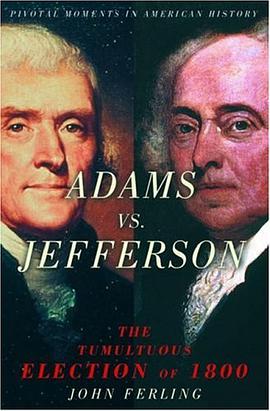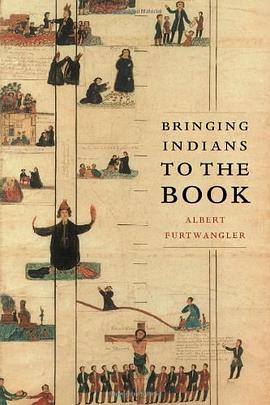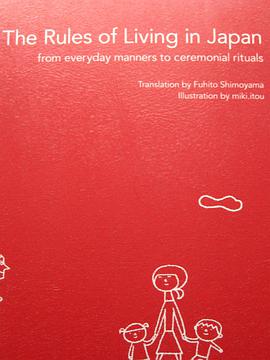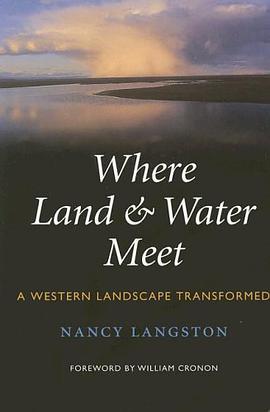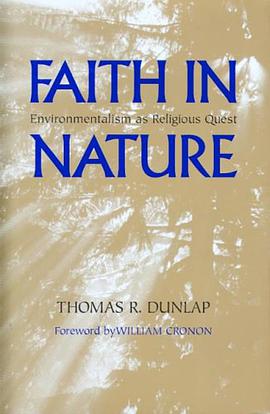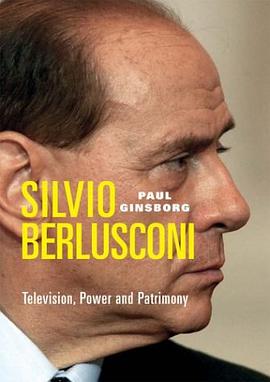

具体描述
In this pioneering work of cultural history, historian Anthony Harkins argues that the hillbilly-in his various guises of "briar hopper," "brush ape," "ridge runner," and "white trash"-has been viewed by mainstream Americans simultaneously as a violent degenerate who threatens the modern order and as a keeper of traditional values of family, home, and physical production, and thus symbolic of a nostalgic past free of the problems of contemporary life. "Hillbilly" signifies both rugged individualism and stubborn backwardness, strong family and kin networks but also inbreeding and bloody feuds. Spanning film, literature, and the entire expanse of American popular culture, from D. W. Griffith to hillbilly music to the Internet, Harkins illustrates how the image of the hillbilly has consistently served as both a marker of social derision and regional pride. He traces the corresponding changes in representations of the hillbilly from late-nineteenth century America, through the great Depression, the mass migrations of Southern Appalachians in the 1940s and 1950s, the War on Poverty in the mid 1960s, and to the present day. Harkins also argues that images of hillbillies have played a critical role in the construction of whiteness and modernity in twentieth century America. Richly illustrated with dozens of photographs, drawings, and film and television stills, this unique book stands as a testament to the enduring place of the hillbilly in the American imagination.
作者简介
目录信息
读后感
评分
评分
评分
评分
用户评价
相关图书
本站所有内容均为互联网搜索引擎提供的公开搜索信息,本站不存储任何数据与内容,任何内容与数据均与本站无关,如有需要请联系相关搜索引擎包括但不限于百度,google,bing,sogou 等
© 2026 book.quotespace.org All Rights Reserved. 小美书屋 版权所有


